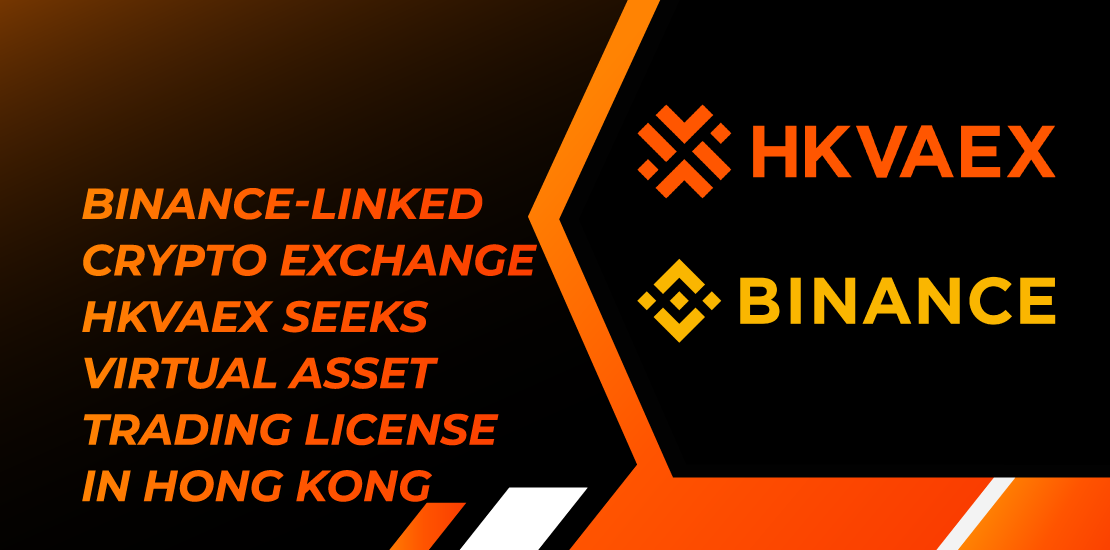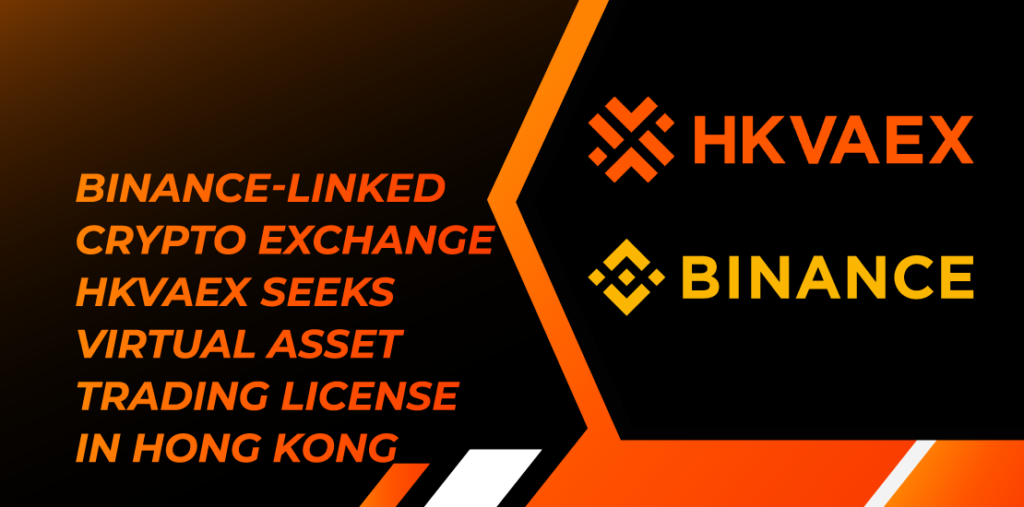- November 28, 2023
- Posted by: [email protected]
- Category:


HKVAEX, a cryptocurrency exchange reportedly associated with Binance, has applied for a virtual asset trading platform license from the Securities and Futures Commission (SFC) in Hong Kong. The application, submitted on November 25, places HKVAEX among the latest platforms seeking regulatory approval in the region, according to Hong Kong’s list of virtual asset trading platforms.
This move aligns with the evolving regulatory landscape in Hong Kong, which implemented a new regulatory framework for cryptocurrencies in June. The updated regulations notably allow retail investors the opportunity to engage in virtual asset trading, expanding access beyond professional investors and traders with a minimum of $1 million in bankable assets.
Panthertrade and OKX are two other cryptocurrency platforms that have also applied for a virtual asset trading platform license in Hong Kong this month, reflecting a broader industry trend towards regulatory compliance.
According to the South China Morning Post, Binance created HKVAEX in December 2022 and launched its trading platform in February to pursue a crypto license in Hong Kong. While HKVAEX operates as a separate entity under BX Services Limited in Hong Kong, industry insiders claimed that the exchange shares resources with Binance, utilizing Binance servers for content retrieval.
HKVAEX refuted these allegations, claiming to be “an independent virtual asset exchange platform based in Hong Kong.” The exchange, operated by a team of technology and financial services professionals, is currently preparing to apply for the SFC’s virtual asset trading platform license.
Recent developments in Hong Kong’s financial landscape, such as the JPEX scandal, considered one of the largest financial frauds in the region’s history, have prompted the government to expedite the approval process for cryptocurrency products to promote industry compliance.
OSL Compliance Exchange, a licensed virtual asset platform, reported increased interest from financial technology solution providers in integrating tokenized platforms with banks. Such integration holds the potential to leverage public trust in banks, fostering the growth of the virtual asset industry.
Following the JPEX incident, OSL’s CFO, Hu Zhenbang, emphasized the accelerated product approvals by regulatory authorities. Non-compliant platforms, he noted, face stricter monitoring to prevent excessive advertising, a measure aimed at ensuring adherence to regulatory standards. As HKVAEX pursues its licensing ambitions, the cryptocurrency industry in Hong Kong continues to navigate a landscape shaped by regulatory developments and the imperative for industry players to align with compliance measures.



